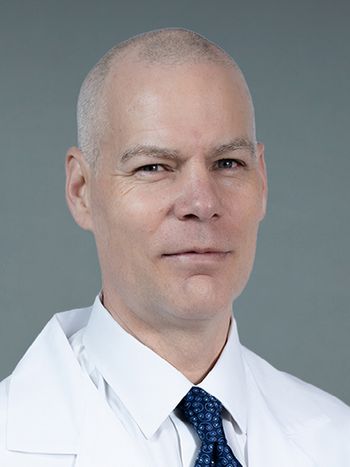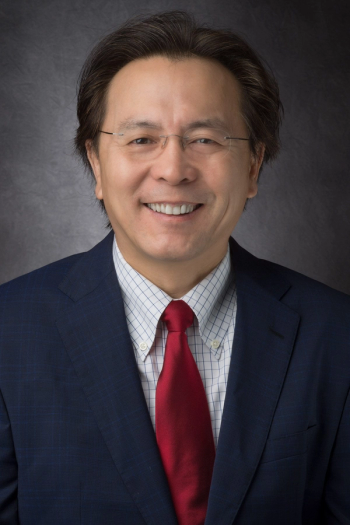
Oncology NEWS International
- Oncology NEWS International Vol 12 No 2
- Volume 12
- Issue 2
First-Line Rituximab Produces 72% Response Rate in Follicular NHL
PHILADELPHIA-A single four-dose cycle of rituximab (Rituxan) produced an overall response rate of 72% and median progression-free survival of 2.78 years in a phase II trial in patients with newly diagnosed, asymptomatic, advanced-stage follicular grade 1 non-Hodgkin’s lymphoma (NHL).
PHILADELPHIA-A single four-dose cycle of rituximab (Rituxan) produced an overall response rate of 72% and median progression-free survival of 2.78 years in a phase II trial in patients with newly diagnosed, asymptomatic, advanced-stage follicular grade 1 non-Hodgkin’s lymphoma (NHL).
Thomas E. Witzig, MD, of the Mayo Clinic, reporting on behalf of the North Central Cancer Treatment Group (NCCTG), presented the results in a poster at the 44th Annual Meeting of the American Society of Hematology (ASH abstract 1398). Dr. Witzig said that rituximab offers an appealing nonchemo-therapy alternative to observation in this group of patients.
The trial enrolled 36 previously untreated patients with biopsy-proven follicular grade 1 NHL and measurable stage III or IV disease. Patients were CD20+ and had performance status (PS) 0 to 2.
Patients were treated with four weekly doses of rituximab 375 mg/m2 IV, with no further maintenance therapy. All patients completed treatment as planned. Follow-up included physical examination, laboratory tests, and CT scans every 3 months during the first year and every 6 months thereafter.
The study accrued patients between July of 1999 and May of 2001; 43% were male, 89% were PS 0, and 11% were PS 1. The median age was 59 years (range, 29 to 83). Six patients (17%) had elevated lactate dehydrogenase (LDH) levels at baseline.
Fourteen patients (39%) had a low International Prognostic Index (IPI), 16 (46%) had low-intermediate IPI, and 6 (17%) had high-intermediate IPI. None had B symptoms.
Dr. Witzig reported that the overall response rate was 72%, including 13 (36%) complete responses. To date, 16 patients remain in unmaintained remission and 18 have progressed, including three who died of their disease. Two patients died without disease progression. Median progression-free survival was 2.78 years. Median time to subsequent chemotherapy has not yet been reached.
Rituximab was generally well tolerated. Four patients (11%) had grade 3 or worse toxicity. Two of these four patients had severe hematologic toxicity, one had severe nonhematologic toxicity, and one had both hematologic and nonhematologic toxicity. These included rash (2), neutropenia (1), leukopenia (1), infection without neutropenia (1), and urticaria (1).
The investigators concluded, "Rituxi-mab can be safely administered to patients with previously untreated advanced-stage follicular grade 1 NHL with minimal toxicity. This therapy produces an overall response rate of 72%, and prolonged remissions have been documented. Rituximab offers an acceptable alternative to observation in this patient population."
Articles in this issue
about 23 years ago
Some Activity for Gefitinib in Heavily Pretreated Breast Cancerabout 23 years ago
Brachytherapy Results Similar for Blacks, Whitesabout 23 years ago
Dose-Dense Chemo Ups Survival in Node+ Breast Cancerabout 23 years ago
MR Spectroscopy IDs Breast Cancers, Node Involvementabout 23 years ago
ODAC Wants More Data on Expanded Casodex Indicationabout 23 years ago
SuperGen Submits First NDA Module for Pancreatic Cancer Drugabout 23 years ago
Two Added to ONI’s Oncology Nursing Editorial Advisory Boardabout 23 years ago
Bortezomib Active in Relapsed/Refractory Myelomaabout 23 years ago
Telomerase Potential Cancer BiomarkerNewsletter
Stay up to date on recent advances in the multidisciplinary approach to cancer.












































